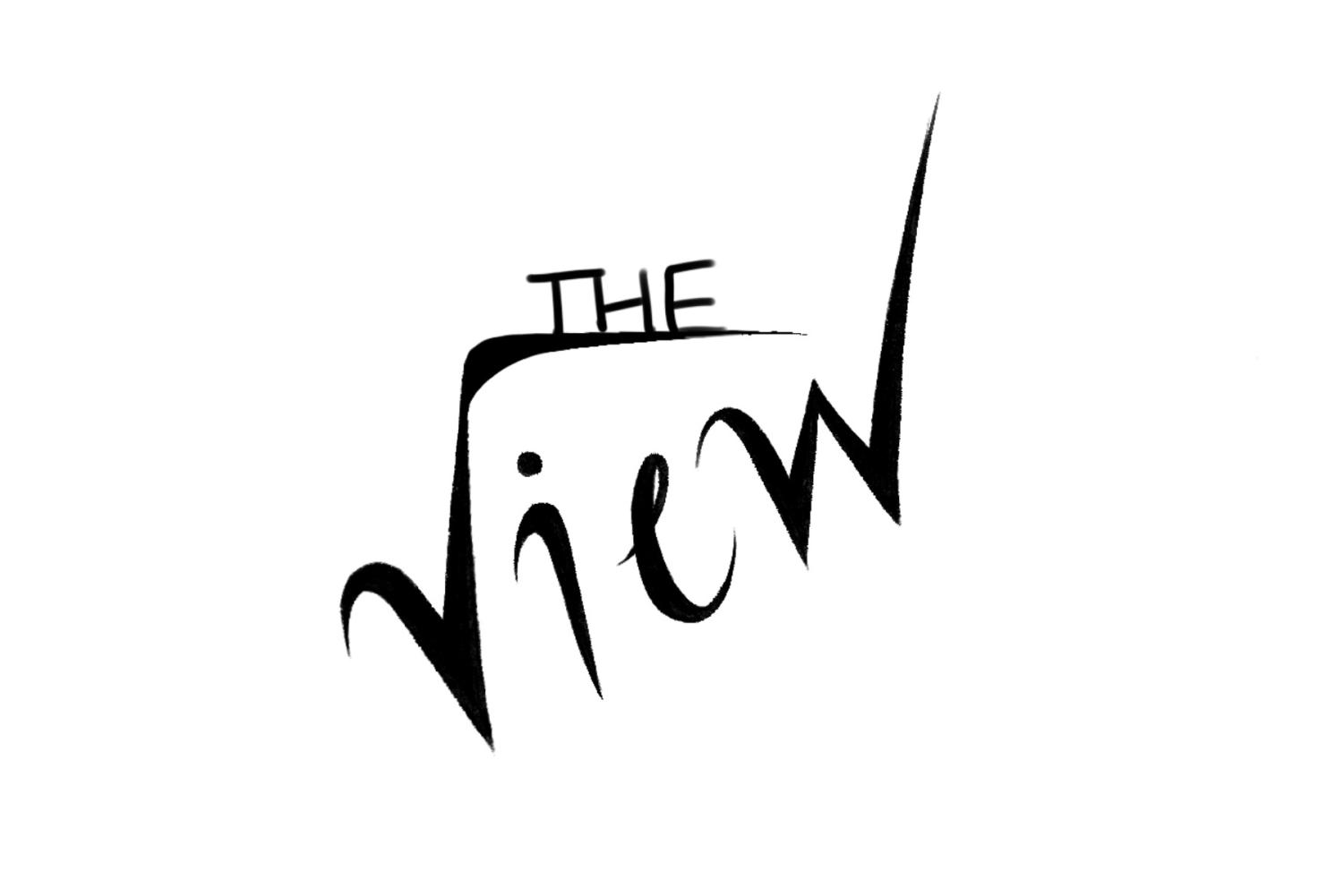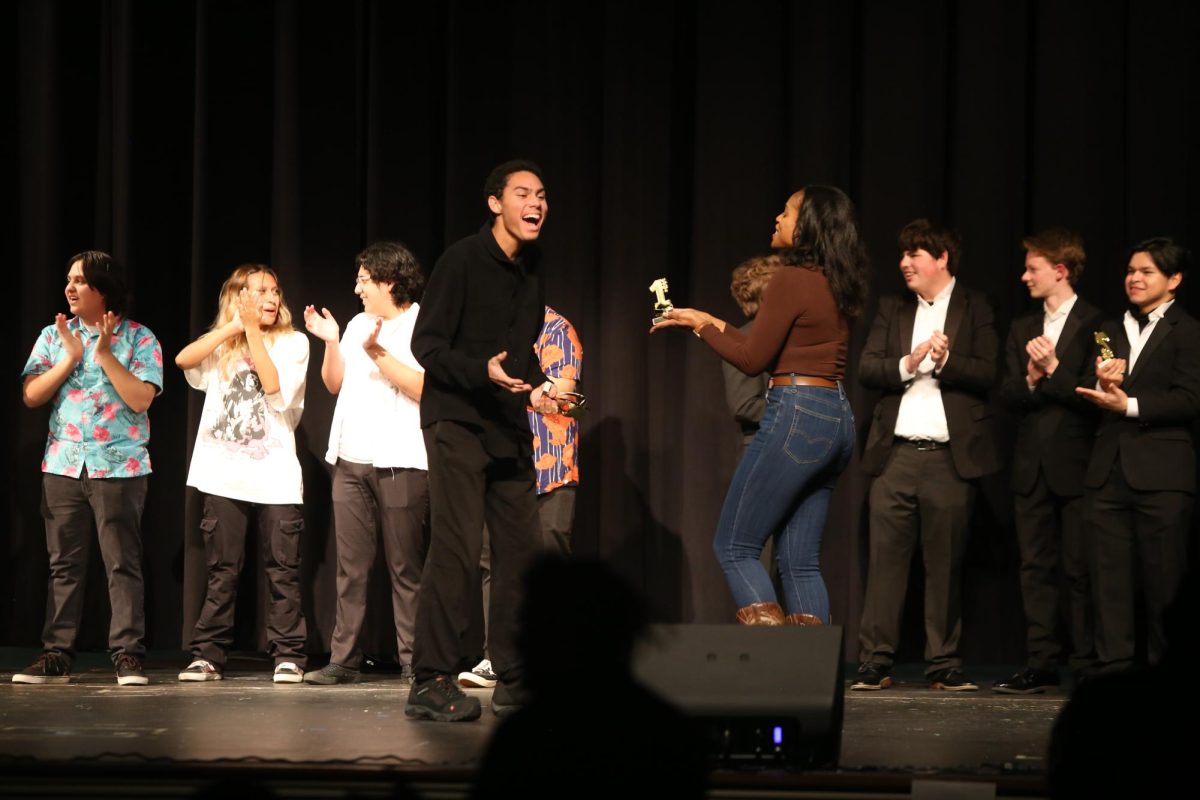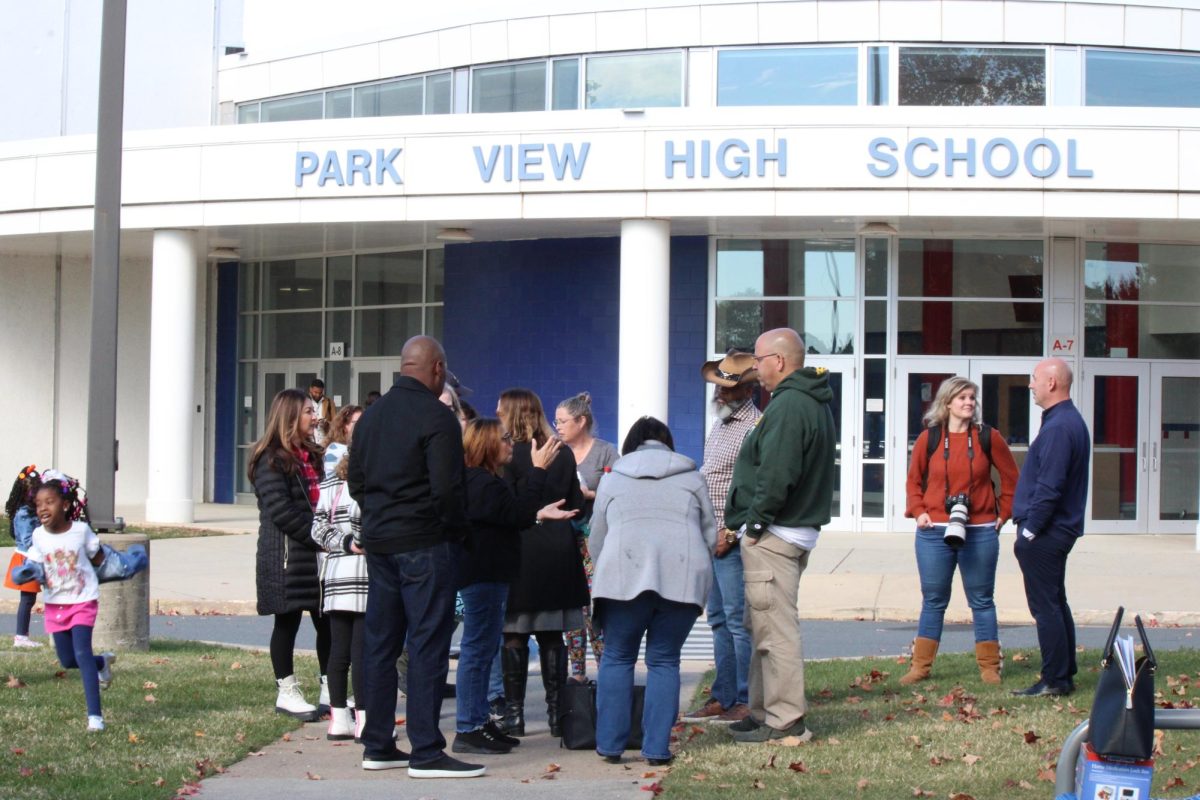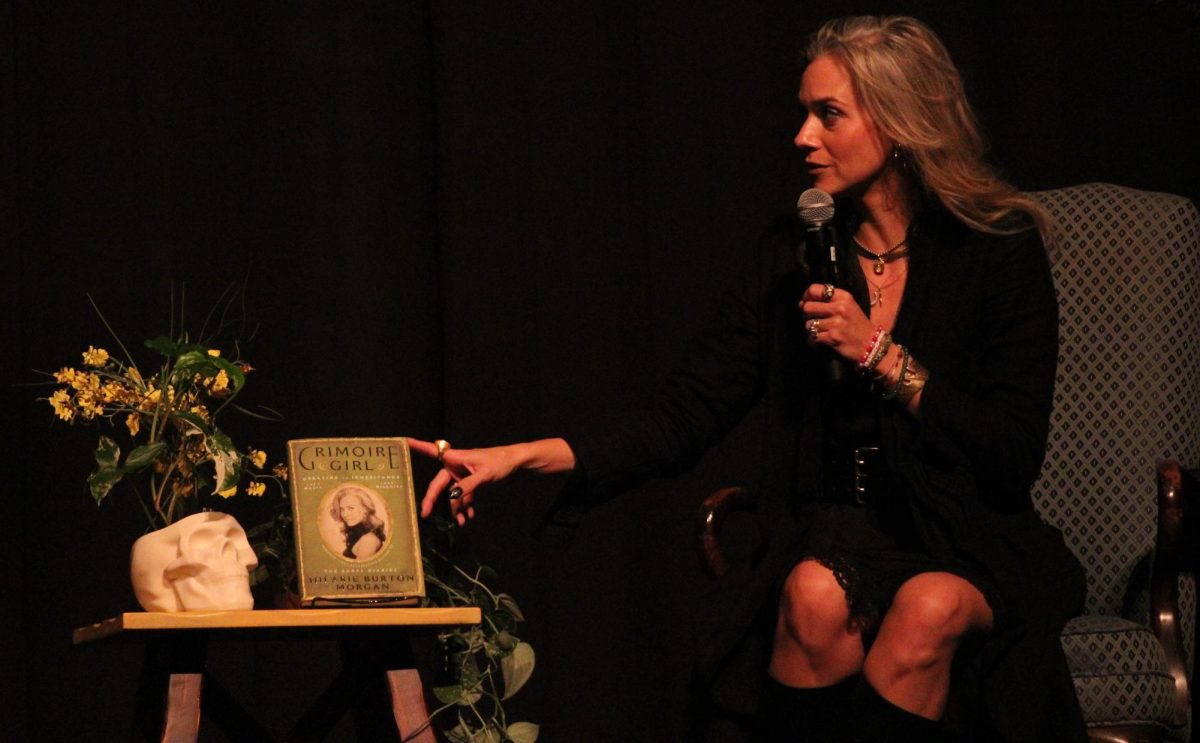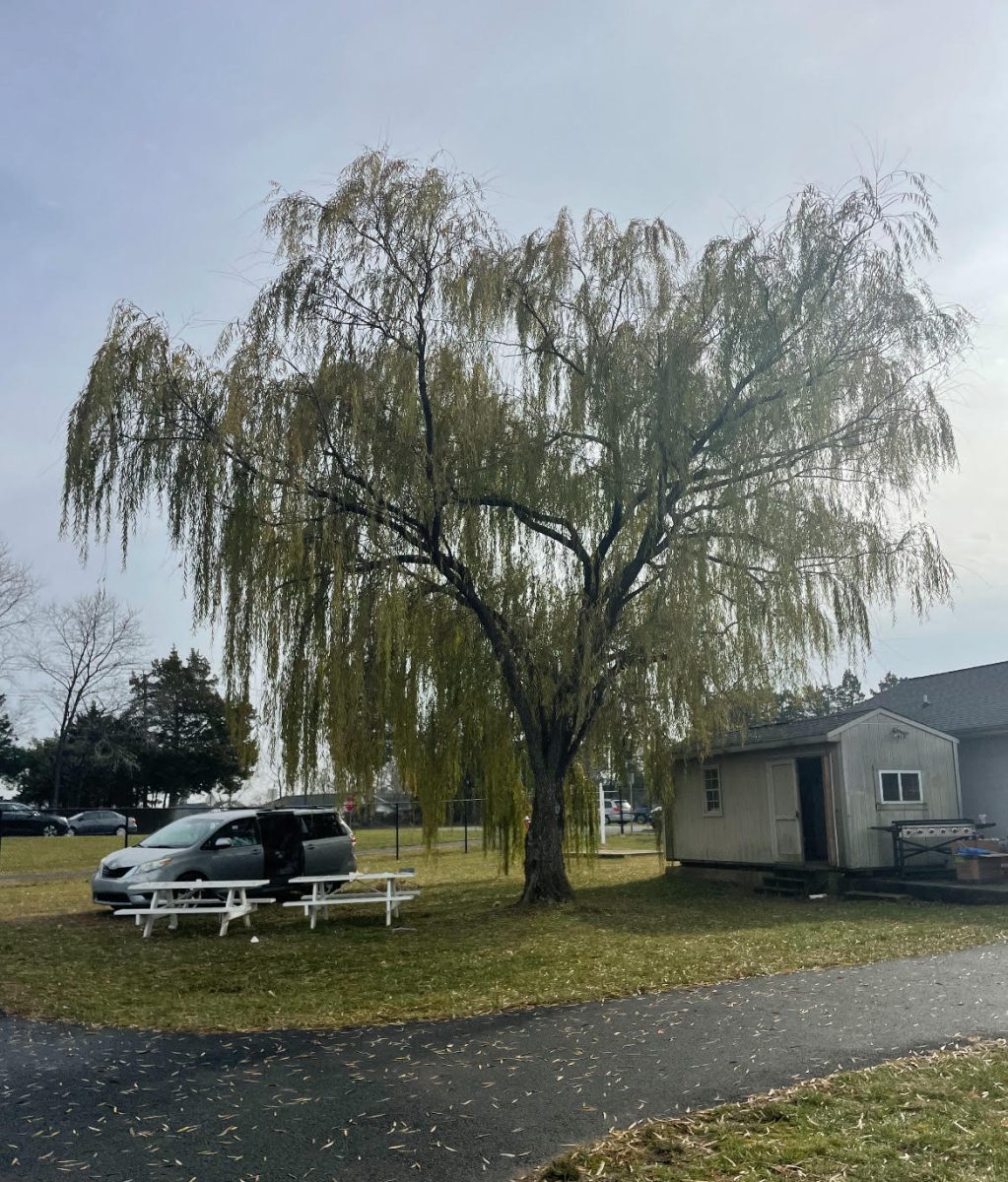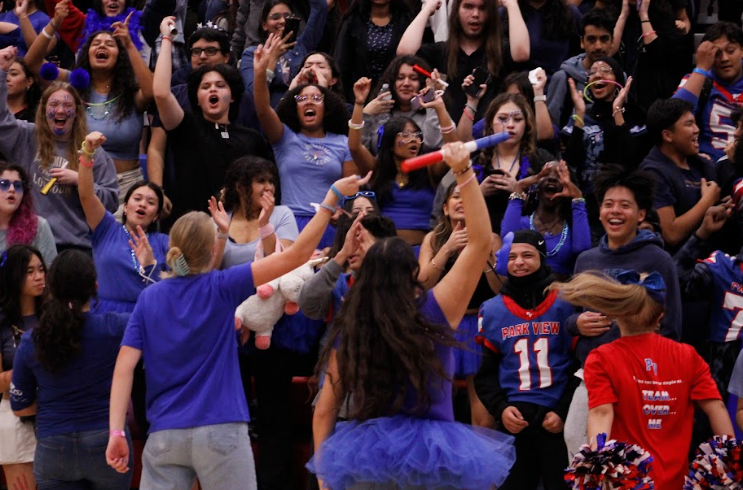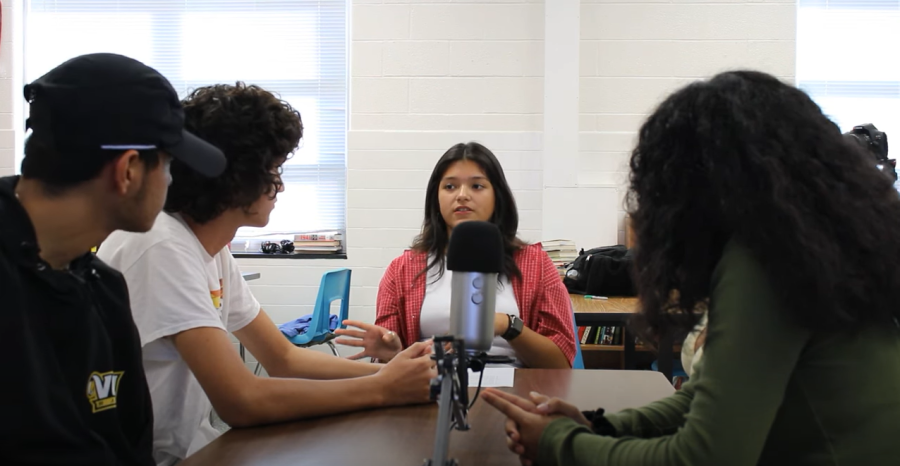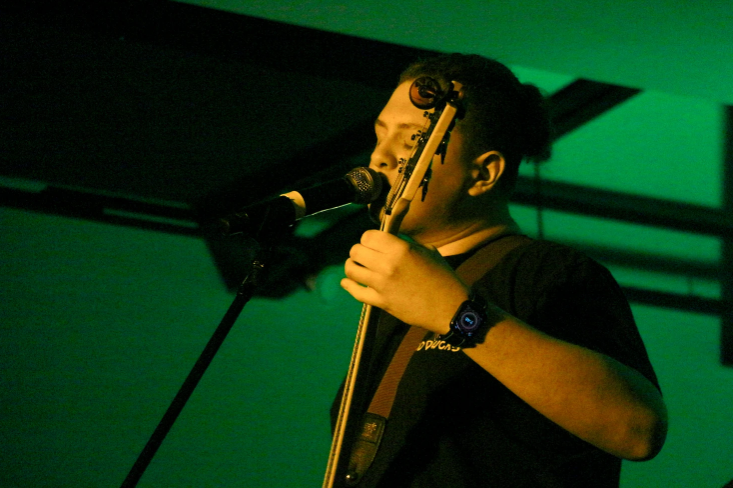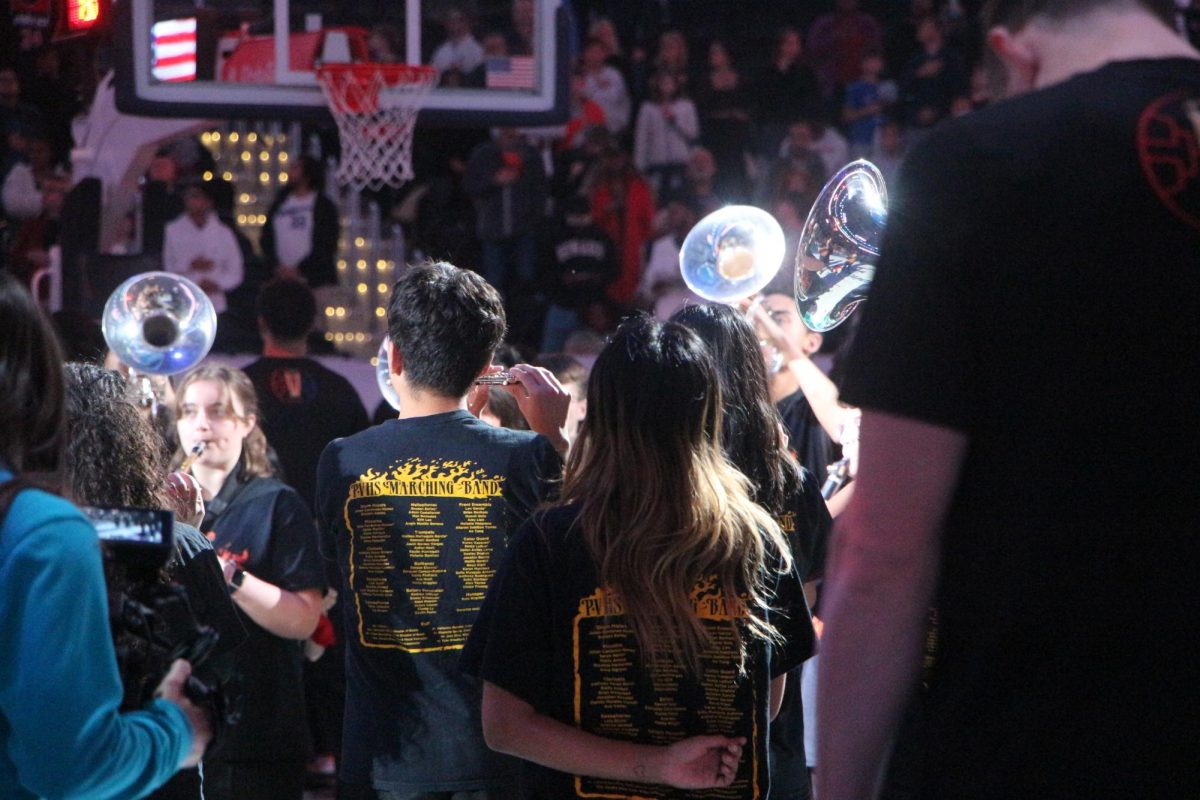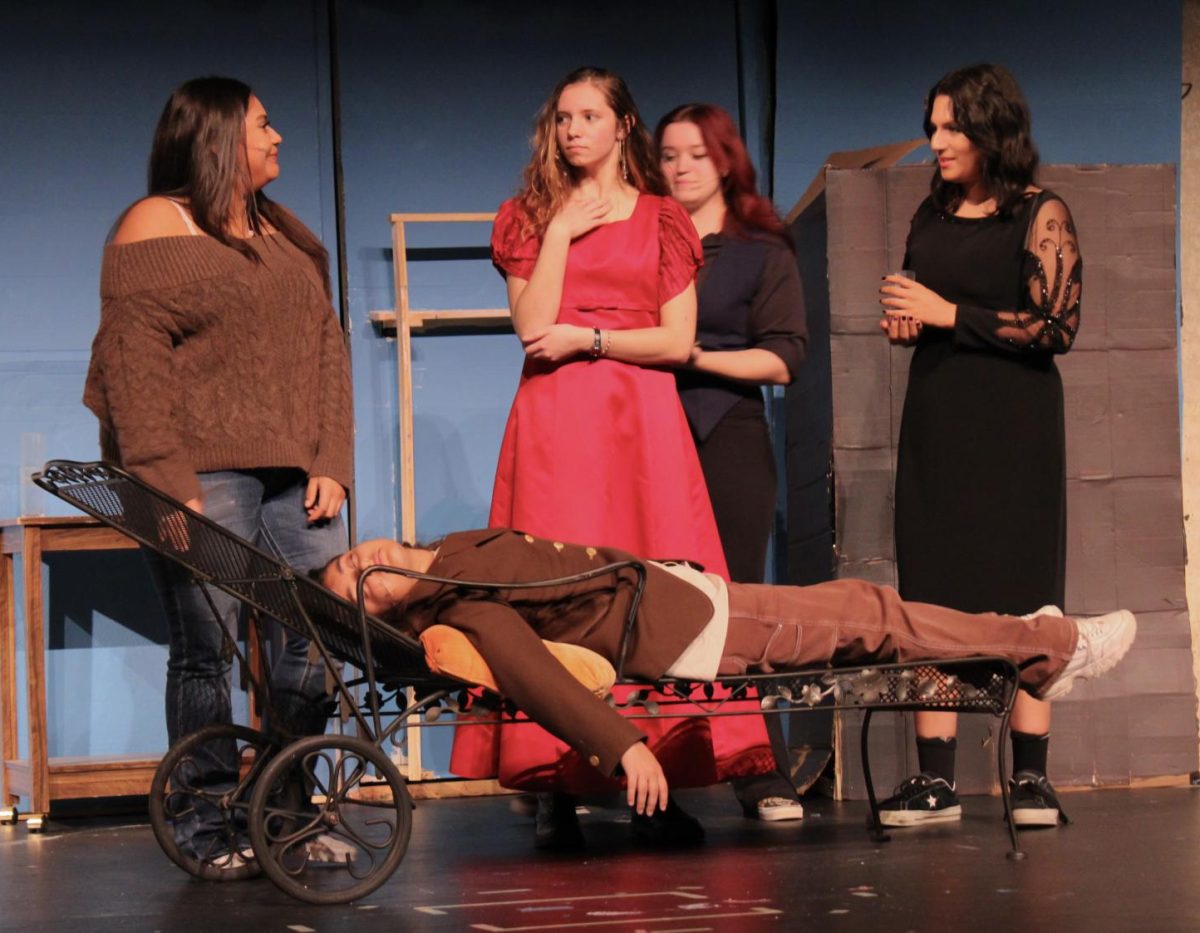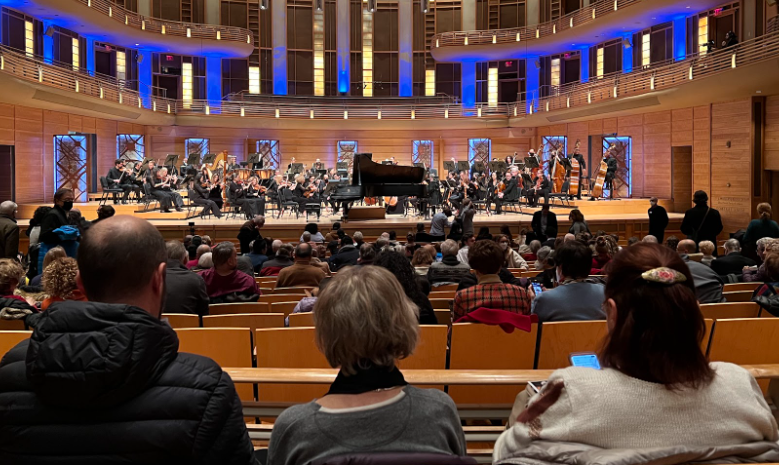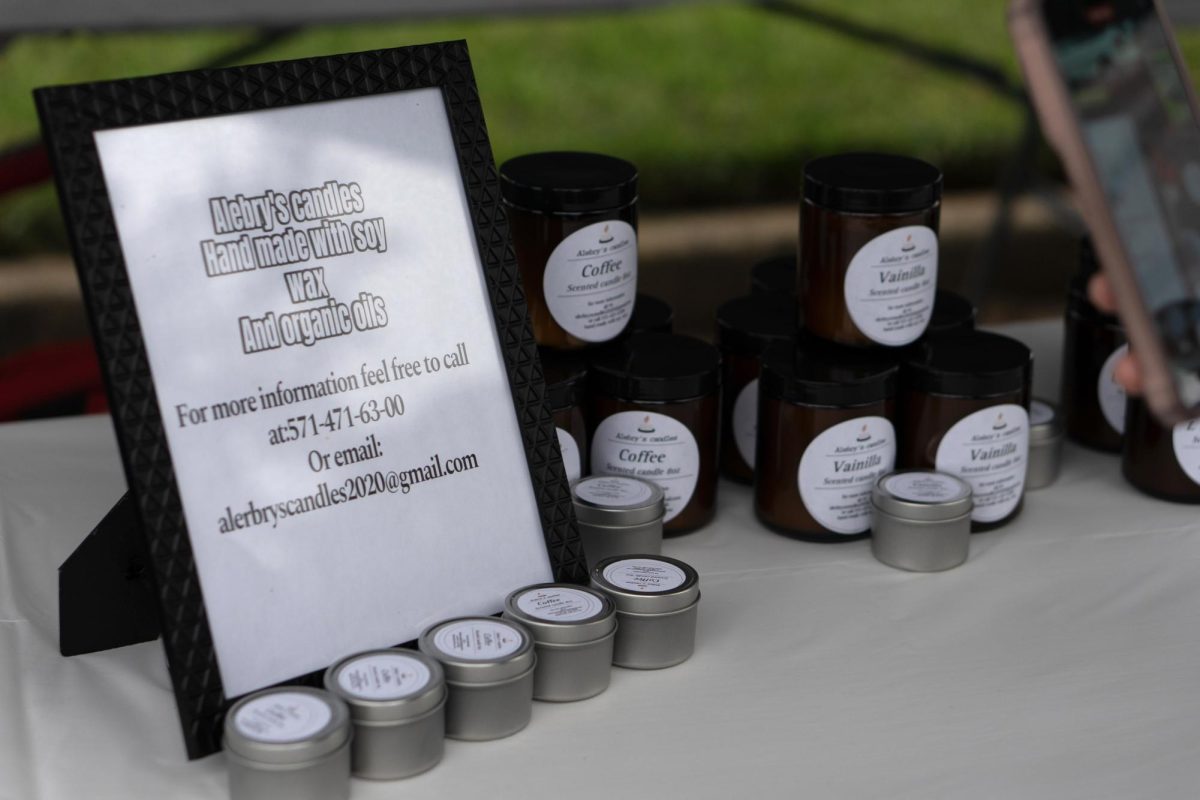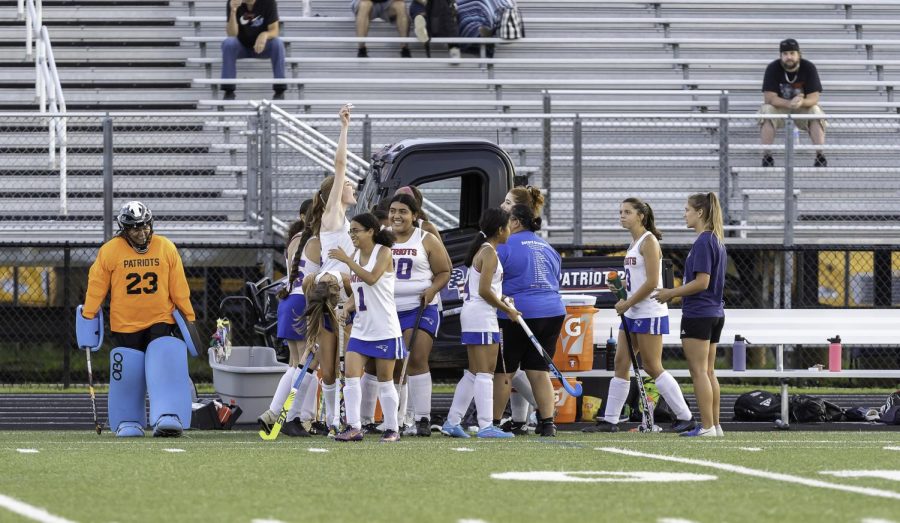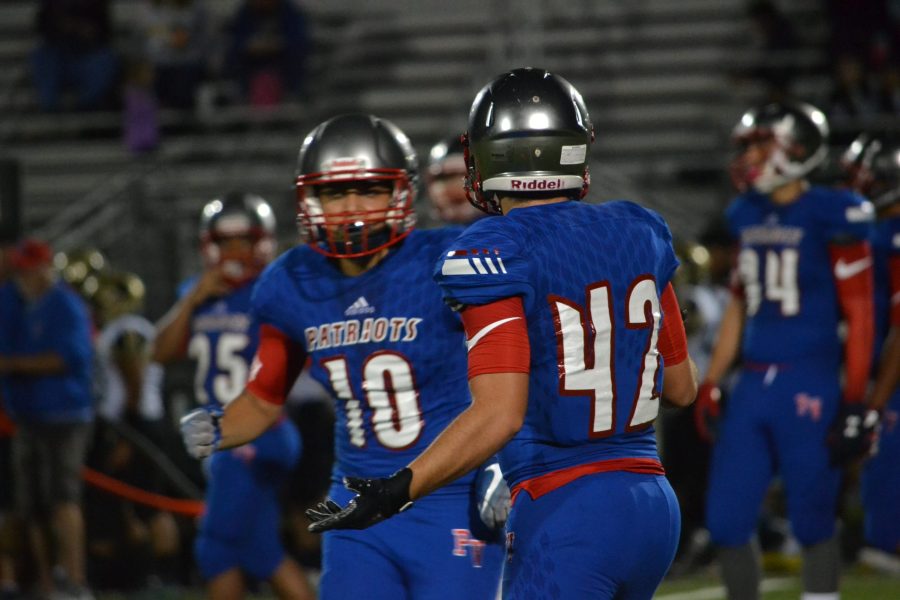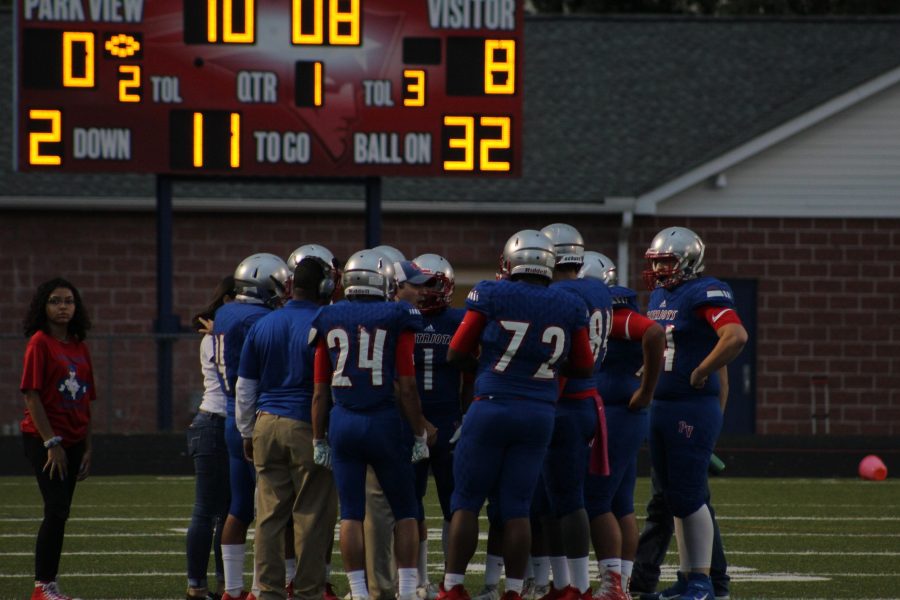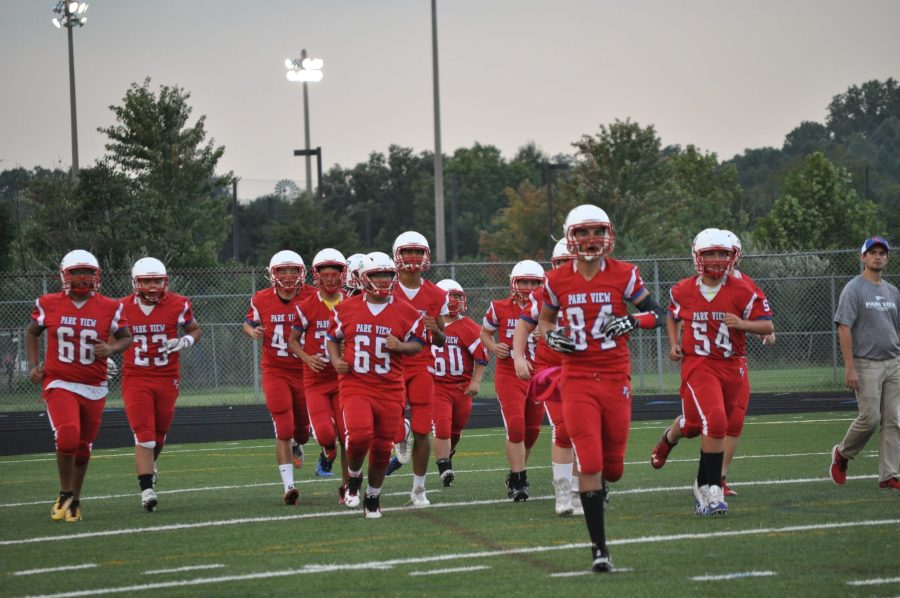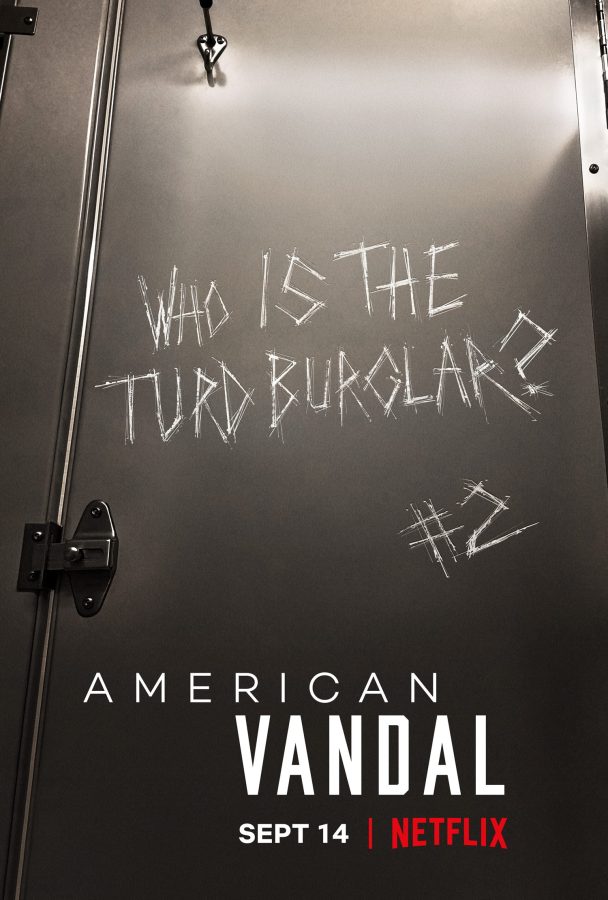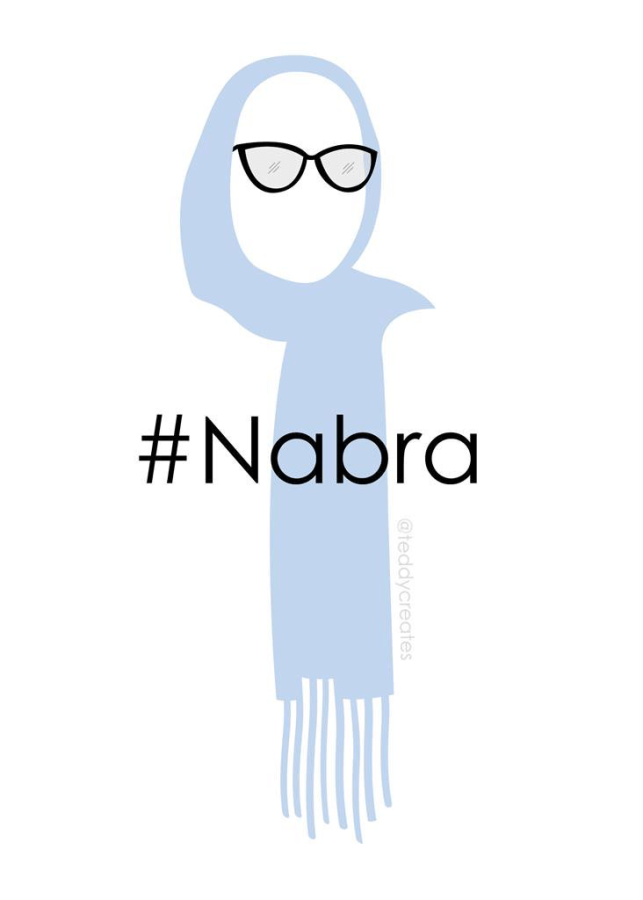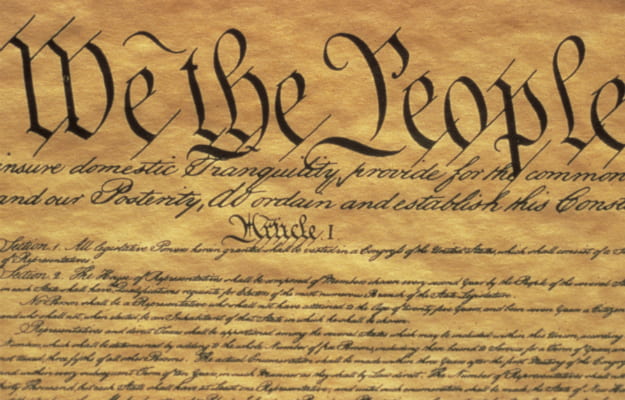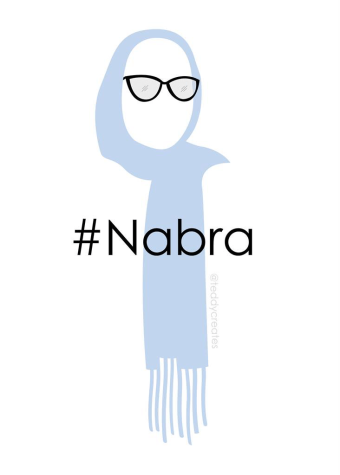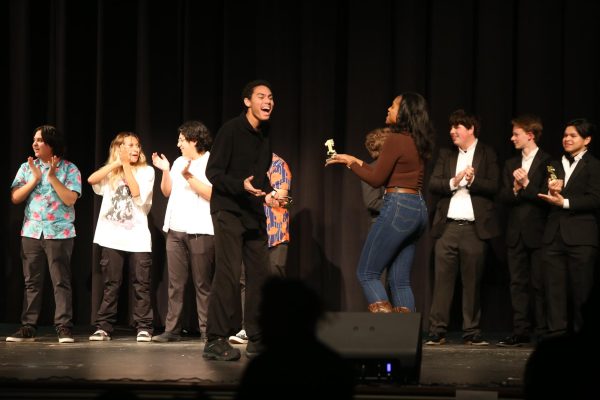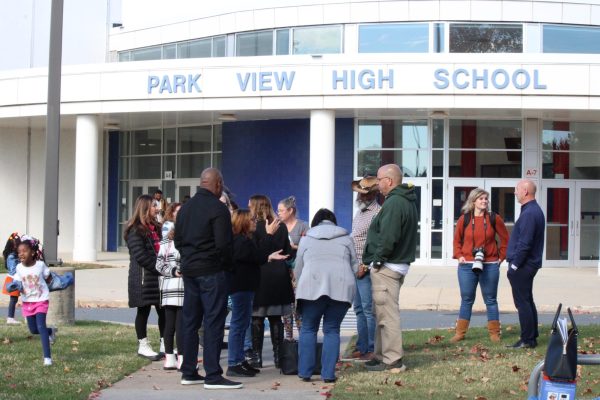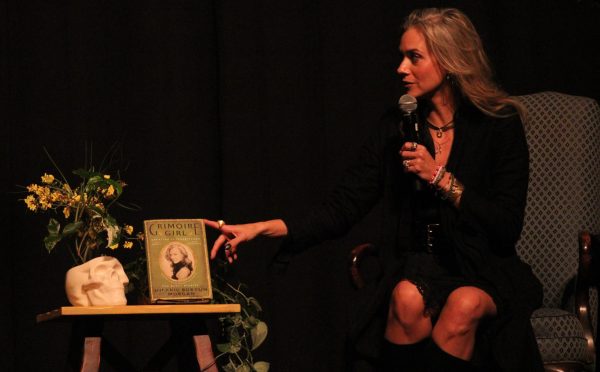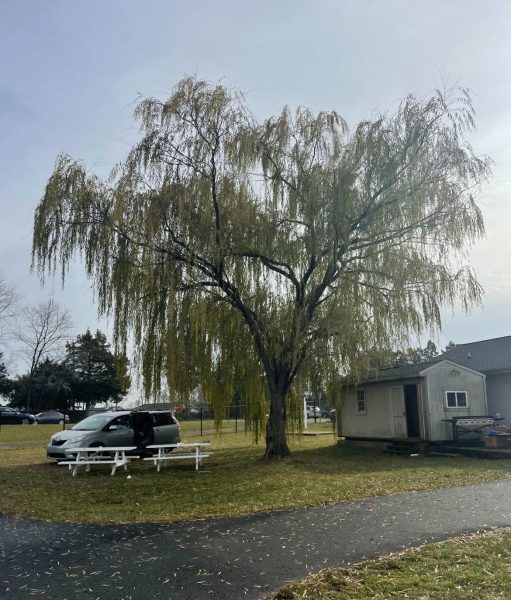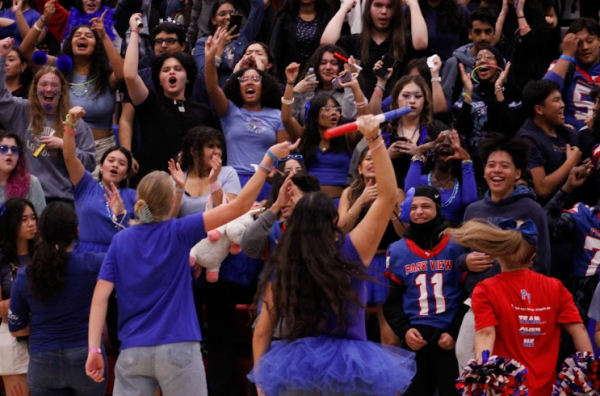The SCA: Reform and Rethink
Last month, the initiative to host a third dance- the Luau Dance- collapsed, and the dance was cancelled only days before its scheduled commencement. This collapse, a result of lacking ticket sales due to student disinterest, demands an answer to the question of cause: why did this happen? On a surface level, the cause was student disinterest or, perhaps, overeager Student Council Association (SCA) officers, who organized the cancelled event. In the interest of clarifying the situation, we must return to the SCA Constitution and Bylaws, a digitally-available statement of SCA functions, powers, and processes. This charter, valued for its plain statement of principle, guides the activities of the SCA.
The Value of the SCA
“To establish closer cooperation between the faculty and student body of Park View… To establish standards of education, school spirit, and honor, based on school pride… To promote the general welfare of the school and community.” These clauses, excerpted from the SCA charter, describe the goals and purpose of the SCA. These goals are feasible and respectable goals, fit for a student organization.
But, if we’re going to be honest, there are other organizations that perform similar or identical functions to those listed above. The Parent-Teacher-Student Association (PTSA) is built chiefly upon the goal of uniting the staff and students, but it actively contributes to the execution of the other goals. Additionally, the Park View administration oversees the entire school, promoting the same activities and processes which are listed above. Finally, the Loudoun County School Board members are charged with facilitating all of the above functions, or they are at least expected to allow individual schools to perform them. Between these established and effective organizations, the listed goals of the SCA are effectively completed- without SCA involvement. This begs the question: what makes the SCA valuable? Why bother maintaining a student government if its functions are ably performed by larger, more powerful agencies?
The fourth purpose, also listed in the bylaws, answers the question of SCA value: “To provide democratic school government through representation and participation of the [student] body in school affairs.” In the provision of democracy for the student body, the SCA gains its value. The SCA is unique in only this regard; student democracy is the single, most-valuable function of the SCA. But it seems as if this most important clause has been overlooked in recent years.
Maintaining Student Democracy
Within the SCA Constitution, several measures to ensure the operation of student democracy are recorded. However, many of these measures have been dismissed. The most concerning of these dismissals is that of Article IV, Part 2, which reads, “A Representative and alternate shall be elected to the Student Council from each homeroom and/or a designated class if no homeroom exists.” This measure essentially guarantees the right of the student body to participate in school affairs through a representative democracy, not unlike the United States House of Representatives or Senate. These representatives- not the five elected officers- are the backbone of the SCA democracy, as they ensure a more direct link between the students and the organization which represents them.
Lacking this portion of the SCA distances the organization from the student body. Without communication with the student body which they represent, the SCA officers are liable to make decisions for their constituency without knowing whether or not the students approve of or even desire the changes. This sort of undemocratic distance between the leaders and voters results in failed governmental projects, such as the recent Luau Dance incidence. Perhaps, had the SCA leadership been able to better communicate with and receive criticism from the student body, the entire affair could have been prevented. While this is, of course, conjecture, it is undeniable that the lack of any direct representative democracy does not benefit the organizational leadership or the students they represent.
Looking Inward
Mr. Michael Vereb, the SCA Advisor and a Park View social studies teacher, acknowledged that the measure had not been enforced, explaining that the SCA has had to cope with decreasing interest. “Participation has dwindled. So, instead of doing that… everybody is welcome to attend the meetings and be involved,” said Mr. Vereb. Explaining that the lack of participation in the SCA has resulted in several changes to the operation of the organization, Mr. Vereb defended the new direction of the SCA. “I think that the things that we’re doing do still emphasize the honor and the spirit and the pride of Park View, and it’s just kind of adapting to the reality,” said Mr. Vereb.
This reality, then, may be laid at the feet of the student body. The increasing demand for students to hold jobs, participate in multiple extracurricular activities, and maintain a social life- all while performing well in school- could be to blame for the relative disinterest of the student body. This is a sad revelation, but it in no way lessens the negative effects which the lack of representatives has perpetuated.
If the student body wishes to maintain the valuable democratic elements of the SCA and compensate for decreasing participation, a middle ground must be reached. In the absence of the constitutionally chartered system of representatives, some form of communication must be established to prevent situations such as the Luau Dance. One such method could be the initiation of quarterly or bi-quarterly student referendums. In addition to simply deciding certain large-scale issues, these referendums would steer SCA policy and action until the next referendum, thus facilitating a better student-SCA connection.
Alternatively, student representatives for larger collectives (e.g. a conglomerate of homerooms) could provide a less direct but still present connection to the student body. These solutions must be reflected in the SCA Constitution, which is in desperate need of update and amendment. As the documented statement of principles and powers of the SCA, the bylaws must reflect the state of the organization, no matter the focus or goals.
Similarly, any changes the student body demands of the SCA must be matched by the student body. Whatever the solution, whatever the reform, the student body must support the SCA if reform is to be worth anything at all. The ability to have a voice, to cast a vote, and to generally participate in your government is no small privilege. Yet, as a student body, we are truant in our support for the SCA.
That must end now. The SCA needs reform, but so do we. We have been failing our SCA, hindering it from serving us. Participation in the SCA doesn’t necessarily require ten hours per week; it merely includes contributing assistance whenever possible, running for an office, or attending the occasional meeting. These small acts, when spread across a student body such as ours, will support our SCA, which, in turn, supports us all.
Despite our differences in execution, that singular goal- supporting us, as Park View- that’s a goal we can all get behind.
